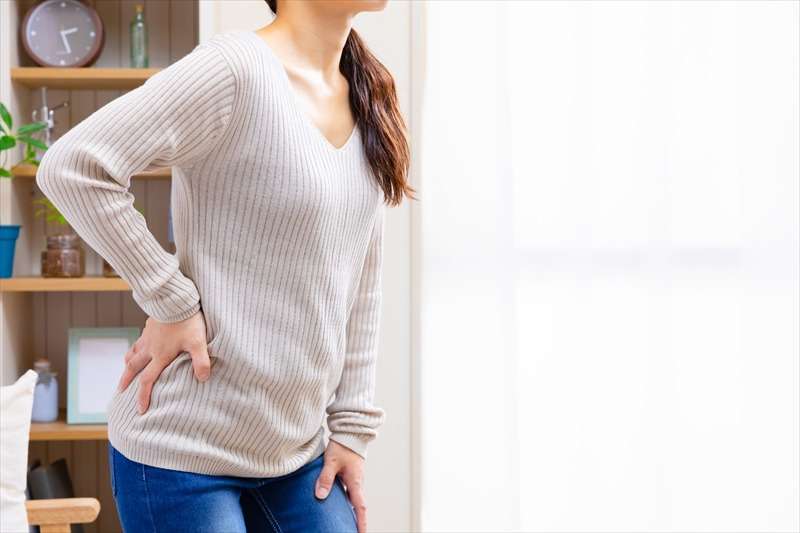{How {Age Affects} {The Impact of} Recovery from {Pain Management|Chro…
페이지 정보
작성자 Jackie 작성일 25-05-26 05:42 조회 5 댓글 0본문
One key factor is the decline in muscle mass and strength that happens with age. As we age, our muscle mass dwindles, making it more difficult to enjoy the same level of mobility and flexibility we had in our younger years. This decrease in muscle mass can make it more harder to participate in sports and exercise, such as exercise and stretching, that can help with pain management.
Additionally, our bones become less dense, making them more vulnerable to troublesome consequences, and more taking longer to heal.
The vascular system also plays a crucial role in pain recovery and healing. As we grow older, our blood vessels become less flexible, reducing the flow of essential resources to injured areas. This can result in prolonged healing periods, as the body takes longer to heal harmful consequences.
Another essential consideration is the role of inflammation in pain recovery and healing. Chronic inflammation is a common occurrence with aging, as our bodies try to fight off cell damage and other environmental factors. While some inflammation is necessary for health, excessive and chronic inflammation can intensify pain and impede recovery and healing.
Our brain also experiences changes with age that can affect chronic pain management. The neural pathways that transmit pain signals become more responsive, making it easier to experience pain even when it's not extreme. Furthermore, our body's natural pain relief mechanisms may decline with age, leading to a heightened perception of pain.

Stress and mental health play a substantial role in pain recovery and healing as well. As we grow older, we may experience a feeling of loneliness and anxiety, all of which can intensify pain. Moreover, our response to stress can accelerate inflammation and make our bodies more vulnerable to pain.
In conclusion, age is a critical factor in chronic pain management, as our bodies undergo various changes that affect our resilience, 津市 整体 mobility, and pain-sensing abilities. While it's not practical to reverse the effects of aging, there are measures we can take to reduce their impact. Engaging in regular physical activity and mobilization, managing stress and staying connected with others can all help improve our ability to recover from pain as we age.
It's also crucial to consult with a healthcare professional to develop a comprehensive plan for chronic pain treatment. This may include medications and other interventions tailored to address the specific pain challenges you're facing. By working with a qualified healthcare provider and adopting a healthy lifestyle, you can take the first steps towards regaining control over your pain and improving your recovery outcomes as you age.
댓글목록 0
등록된 댓글이 없습니다.
